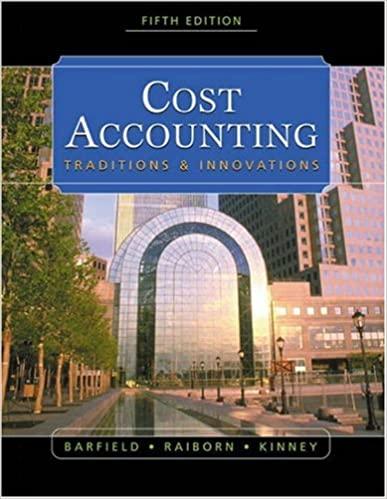79. Dial Corp., a one-time bus company that in 1996 sold everything from soap to nuts, said...
Question:
79. Dial Corp., a one-time bus company that in 1996 sold everything from soap to nuts, said it would separate into consumer products and services concerns, splitting a company with about $3 billion in current stock market value.
The Phoenix-based company’s consumer businesses, with revenue in 1995 of about $1.3 billion, would continue to operate under the Dial name. Its diverse airline-catering, convention, travel and money-order businesses, among others, would operate as a separate, as-yet-unnamed unit that in 1995 had revenue of about $2.2 billion.
Dial joined a host of U.S. companies that decided that the sum of the parts is worth more than the whole. Companies that announced or completed spinoffs include AT&T Corp., ITT Corp., Minnesota Mining & Manufacturing Co., Dun & Bradstreet Corp., and Melville Corp. The stocks of companies that announce spin-offs outperform the overall stock market, according to a J.P. Morgan & Co.
study.
SOURCE: Adapted from Steven Lipin, “Dial to Split into Two Companies,” The Wall Street Journal (February 16, 1996), p. A3.
a. The conglomerate form of business is perhaps the most difficult to manage in terms of directing new capital investments. Spin-offs can be likened to “undoing” a prior capital investment in a business. What ethical obligation do managers of conglomerates have to stockholders in the event that a higher stock price could be obtained if a business was spun off rather than held?
b. What obligation do managers have to employees who are affected by spin-offs?
Step by Step Answer:

Cost Accounting Traditions And Innovations
ISBN: 9780324180909
5th Edition
Authors: Jesse T. Barfield, Cecily A. Raiborn, Michael R. Kinney






